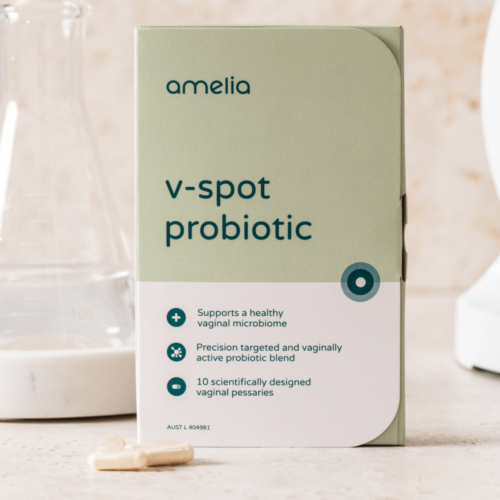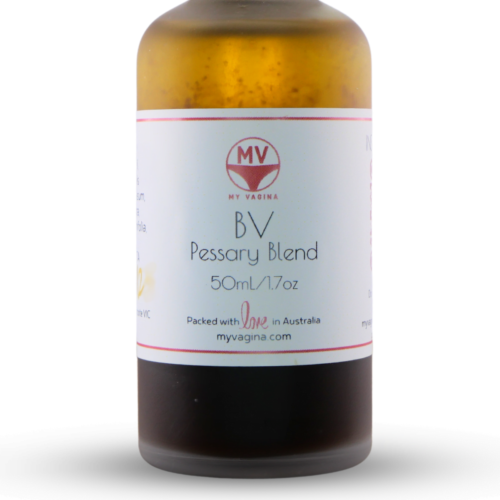Methylation is an important biochemical process involved in multiple functions. Some people don’t methylate optimally, which can leave us unwell in some specific – but vague-seeming – ways.
If you’re not methylating optimally, levels of homocysteine can rise in the blood and tissue, causing damage. But, the issues don’t stop there. If you’re not methylating, you’re not producing enough of a single substance your body needs for multiple processes.
People who may not be methylating properly include those who have tested positive for the MTHFR gene. There are other reasons for poor methylation, such as
Signs of poor methylation include:
- Feeling tired, chronic fatigue
- Hormonal imbalances, relative oestrogen excess (PCOS, PMS/PMDD, fibroids, endometriosis, heavy periods, etc.)
- Infertility, history of miscarriage or pregnancy complications
- Trouble sleeping, insomnia
- Poor circulation, high blood pressure, cardiovascular disease
- Mood regulation issues and disorders
- Depression
- Addiction
- Obsessive-compulsive behaviours or disorders
- Anxiety
- Memory issues, dementia, Alzheimer’s disease
- Seasonal allergies and histamine intolerance (hay fever, headaches, hives, interstitial cystitis)
- Autoimmune conditions (RA, MS, etc.)
- Low pain threshold
- Digestive problems
- Poor bile production (digestive problems, gallstones, etc.)
- Inflammatory conditions
Methylation is involved in:
- DNA production
- Neurotransmitter production
- Detoxifying metabolites
- Metabolising histamine
- Metabolising oestrogen
- Metabolising fat
- Eye function
- Energy in cells
- Liver function
How methylation occurs
Methylation is a process whereby four atoms – one carbon and three hydrogen – are transferred from one bio substance to another.
The one carbon and three hydrogen – CH₃ – is offered up via what’s known as a methyl donor, SAMe (S-adenosylmethionine). SAMe is generous with its methyl group, giving it up readily to other substances. These other substances make your body work. Methylation is a very important process.
SAMe relies on a single B vitamin, known as 5-MTHF – otherwise known as active folate or methylfolate. With sufficient amounts of 5-MTHF, the methylation cycle goes off without a hitch.
But just taking B vitamins or folic acid won’t work – the folate must be activated, which means it must be converted to 5-MTHF before it can be used.
A common genetic mutation can result in this single important step not being completed: not enough 5-MTHF is made to produce enough SAMe to donate its methyl group to support optimal methylation. This gene is the MTHFR gene.
The molecules that require SAMe – and that also become low if SAMe is low – include:
- Coenzyme Q10 (heart health, amongst many others)
- Serotonin (neurotransmitter, helps in mood)
- Melatonin (neurotransmitter, for sleep)
- Glutathione (liver detoxification)
- Nitric oxide (blood vessel health, sexual responsiveness, lubrication)
- Norepinephrine and epinephrine (stress hormones)
- L-carnitine (energy production)
- Cysteine (enzyme reactions)
- Taurine (bile, for detoxification and fat digestion)
Understanding MTHFR
A genetic test can confirm if you have the MTHFR genetic mutation. The test examines certain enzymes, including the enzyme MTHFR (methylenetetrahydrofolate reductase). This enzyme is critical for creating 5-MTHF.
It’s important to understand that even if you get a positive test for MTHFR, it doesn’t mean it will affect you. It’s a genetic mutation, which means it affects everyone differently, or not at all.
Types of MTHFR
There are several types of MTHFR, with the most common being A1298C and C677T, hereby to be known as the A type and the C type. Other types include BHMT, MTR, SAHH and MAT.
The A type tends to be milder, while C type is associated with greater impacts on health. You can have one or two copies of each, but there isn’t room for more than two.
For example, you can’t have two copies of A and two copies of C, but you can have two copies of A, one copy of A, one copy of C, two copies of C, and so on. Two As is less of a big deal than two Cs.
Testing homocysteine
The main test used to determine how MTHFR is affecting you is a fasting homocysteine test. Homocysteine levels go up without the enzyme MTHFR to break it down, so if you’re not producing this enzyme, it may be because you are not methylating, i.e. producing 5-MTHR and subsequently SAMe.
High homocysteine can irritate blood vessels, leading over time to a greater risk of cardiovascular issues. High homocysteine results in a greater risk of blood clots, but normal homocysteine levels do not increase clot risk.
The homocysteine test must be taken after 10-12 hours of fasting, so usually eat as normal the day before, then once you go to bed, don’t eat until after your test. You can drink water. Don’t do any exercise the night before or the day of your test, as it can skew results.
Getting homocysteine within range (6-8)
The treatment for high homocysteine levels relating to the MTHFR gene is activated folate in the first instance, but how much you need will depend on homocysteine levels. You may also need a lot more overall support, so seeing a trained, experienced practitioner can be useful if you’re feeling overwhelmed with information.
It’s important to only use moderate amounts of activated folate, related to homocysteine levels, rather than a more-is-better approach.
References
- Aubard, Y., Darodes, N., & Cantaloube, M. (2000). Hyperhomocysteinemia and pregnancy—review of our present understanding and therapeutic implications. European Journal of Obstetrics & Gynecology and Reproductive Biology, 93(2), 157-165.
- Den Heijer, M., Koster, T., Blom, H. J., Bos, G. M., Briët, E., Reitsma, P. H., … & Rosendaal, F. R. (1996). Hyperhomocysteinemia as a risk factor for deep-vein thrombosis. New England Journal of Medicine, 334(12), 759-762.
- Refsum, MD, H., Ueland, MD, P. M., Nygård, MD, O., & Vollset, MD, Dr. PH, S. E. (1998). Homocysteine and cardiovascular disease. Annual review of medicine, 49(1), 31-62.
- Crider KS, et al. Folate and DNA methylation: a review of molecular mechanisms and the evidence for folate’s role. Adv Nutr. 2012 Jan;3(1):21-38.
- Miller AL. The methylation, neurotransmitter, and antioxidant connections between folate and depression. Altern Med Rev. 2008 Sep;13(3):216-26.
- Keagy CD. The potential role of folate metabolism in interstitial cystitis. Int Urogynecol J. 2019 Mar;30(3):363-370. doi: 10.1007/s00192-018-3771-7. Epub 2018 Oct 6. PMID: 30293165.
- Wouters, M. G., Boers, G. H., Blom, H. J., Trijbels, F. J., Thomas, C. M., Borm, G. F., … & Eskes, T. K. (1993). Hyperhomocysteinemia: a risk factor in women with unexplained recurrent early pregnancy loss. Fertility and sterility, 60(5), 820-825.
Specially formulated probiotic for vaginal application to promote a healthy vaginal microbiome.
Unique, comprehensive BV, AV and 'mystery bad vag' treatment guide, one-of-a-kind system, with effective, innovative treatments.





